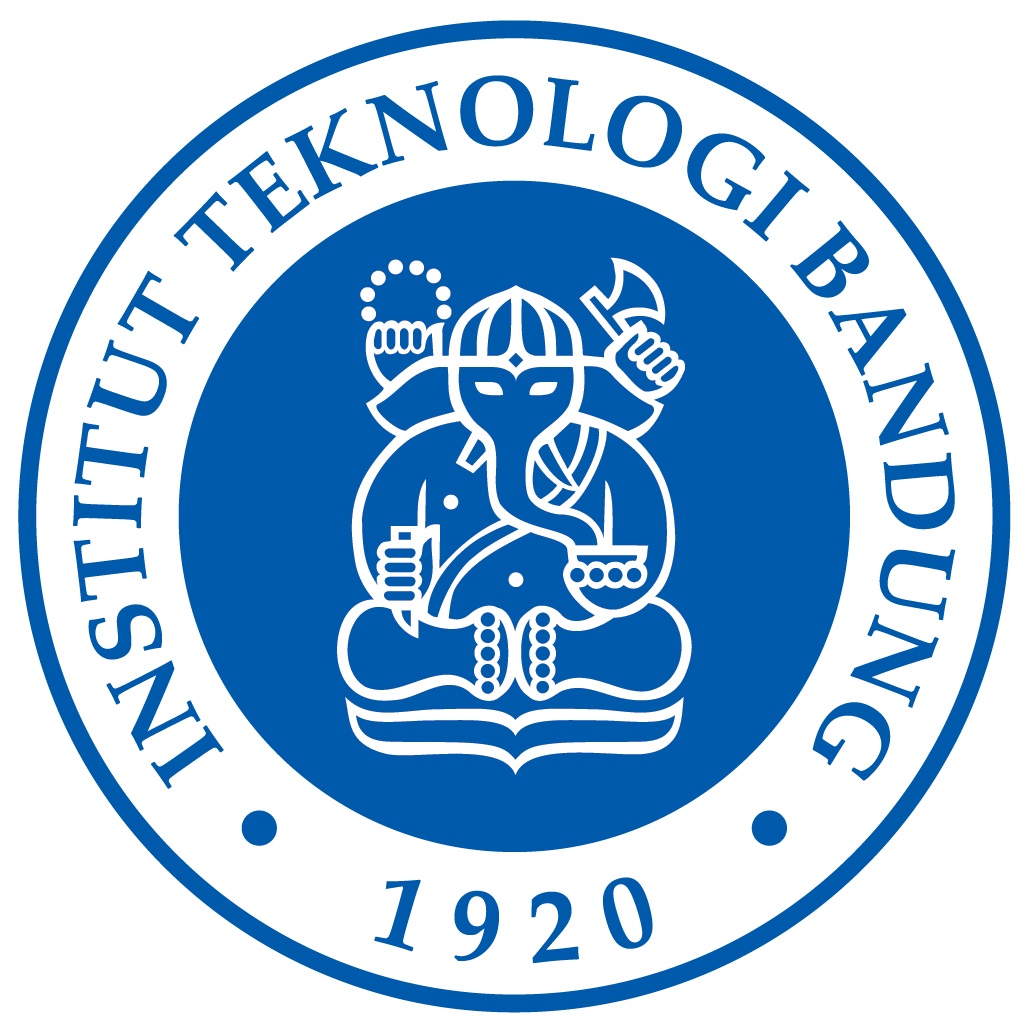

Ahmad Soleh Setiyawan
People living in the environment of Tembelan Sampit Village, East Pontianak District, Pontianak City, West Kalimantan have a high Sanitation Risk Index. Many people dispose of waste water directly into the Kapuas River and people use polluted waste water for domestic activities. Apart from that, this area often experiences problems in the water sensitive aspect, where inundation occurs due to floods and the need for clean water is difficult. In this community service activity, we strive to support the government and community of Tambelan Sampit Village, Pontianak City, West Kalimantan in handling access to sanitation and clean water in slum settlements by implementing appropriate domestic wastewater treatment technology that is affordable, capable of processing according to standards, and reprocess the treated water so that it can be utilized. The technology designed is a modification of Tripikon S with the addition of bacterial growth media and filter media which is adapted to the typology of settlements and sensitivity to water. This activity focuses on redesigning the group. informal communities in sensitive water areas by adopting local values through a process of active community participation. Involvement of the Tambelan Sampit Village community is one aspect of success in this activity because the community is the spearhead in infrastructure management (including operations and maintenance). The community is expected to be an agent for disseminating information related to waste water management in similar settlements for wider areas. Activities carried out include (1) conducting surveys and observing existing sanitation conditions at activity locations, including selection location for the application of waste water treatment technology, (2) socialization regarding plans for community service activities to local residents and introducing waste water treatment technology, (3) designing and building a waste water treatment unit at the activity location, and (4) monitoring of activities that have been carried out. Improved sanitary conditions are expected to further influence clean living habits and public health at large. This community service lasted for 10 months and has generated more than 3 publicities and has become the thesis research topic of 3 students in the RIL Undergraduate Study Program, PIAS Masters Study Program, as well as Doctoral students in Environmental Engineering.
Knowing the characteristics of communities and stakeholders in sensitive water environments
This activity supports the development of science and research in the Sewerage and Drainage sub-KK in the Water and Liquid Waste Engineering Expertise Group. This activity was also the topic of the TA/Thesis/Dissertation of the 3 FTSL students involved in this activity. This activity also really supports the Indonesian and global government programs contained in the RPJMN and SDG No. 6 to increase access to clean water and sanitation as well as a healthy residential environment.